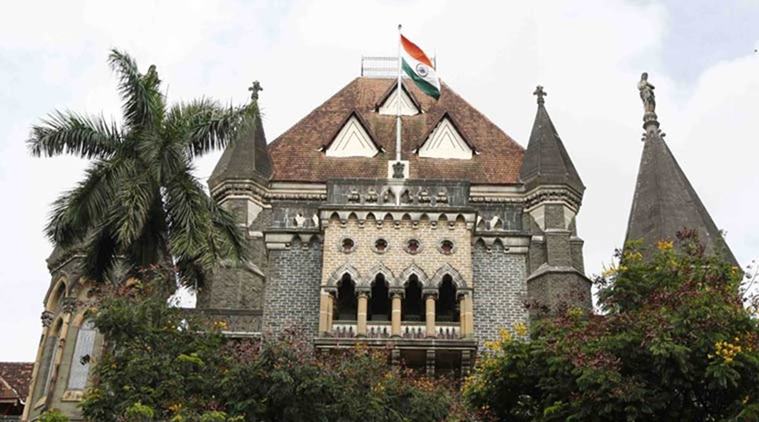
The petitioners opposing 16 per cent reservation for Marathas in government jobs and educational institutions, Friday told the Bombay High Court that at least three of the five agencies, whose survey report formed the basis for granting quota to the community, were “politically connected” and did not possess the requisite past experience to carry out the survey.
In the submission, made before a bench of Justices Ranjit More and Bharati Dangre, advocate Pradeep Sancheti, lawyer for Sanjeet Shukla, who is one of the petitioners in the case, said five agencies were appointed by the State Backward Class Commission to conduct the survey on the educational and economic backwardness of Maratha community in western Maharashtra, Konkan, Marathwada, Vidarbha and north Maharashtra.
He said that a background check on these five agencies found that none of the agencies had past experience to conduct such a large-scale survey. Sancheti added that “no one had looked into their qualification to conduct the survey”.
He also told the court that of the five at least “three agencies are politically connected”.
Sancheti also told the high court that of the 43,000 families, on which the agencies had conducted the survey, only 950 families were from urban areas and the rest were from rural areas.
Claiming that it is not enough, Sancheti said, “There are many people in urban areas who are seeking jobs at Mantralaya, and how can they be not considered while conducting survey in urban area.” Referring to the regional-wise data, Sancheti said, “there is no survey conducted in Mumbai, when 20 per cent of the Maratha population is from Mumbai”.
Sancheti, on Thursday, had told the court that the agencies had conducted the survey only on 43,000 families, covering two lakh people. He said the number was not even 0.2 per cent of the total Maratha population in the state. Referring to the Rane Committee, which had conducted a survey on 4.5 lakh people from the community, Sancheti said the findings based on the new survey by the five agencies is “erroneous and cannot be relied upon”.
According to the state’s population ratio, 36 per cent Marathas are below poverty line, he told the court on Friday. However, he said, a survey by a private person, stating that in Thane district 90 per cent of Marathas are below poverty line (BPL), has been accepted by the Commission without any proper data.
Justice Dangre said that there is no survey, research or analysis to show that people are below poverty line.
The bench has been hearing a bunch of petitions in favour of and against the state’s decision to grant the Marathas in the state a 16 percent quota. The quota was granted following a recommendation of the State Backward Class Commission.
The high court will continue hearing arguments in the matter on Monday.